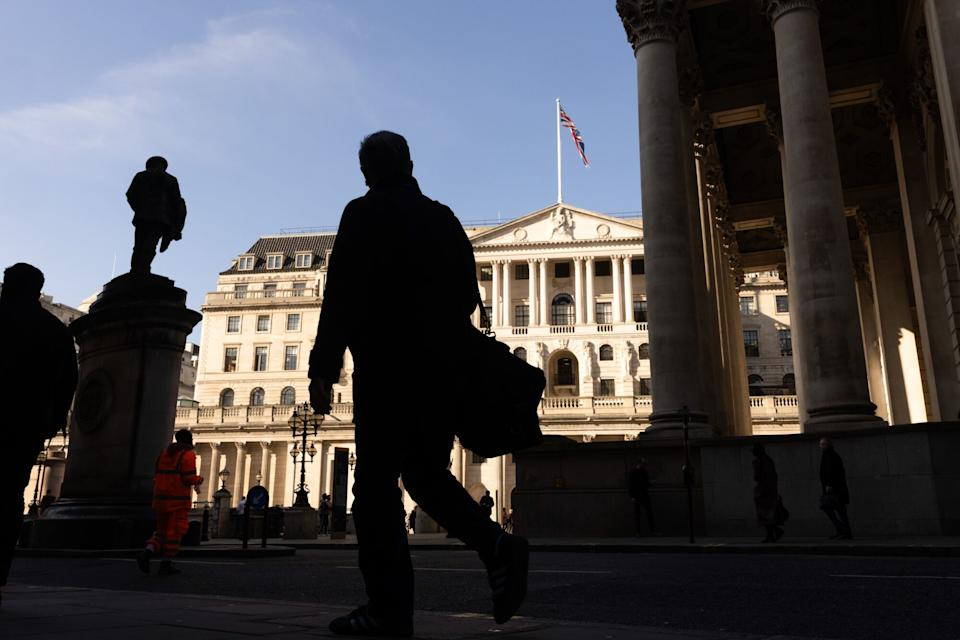
What to know if you're at risk of having your wages garnished over student loan debt
Key Points
- Millions at Risk: TransUnion estimates that by August, around 3 million student borrowers could default on their loans, being 270 days past due, with an additional 2 million at risk by September.**
- Wage Garnishment Threat: Defaulting borrowers face the possibility of having 15% of their wages garnished by the government to repay outstanding debt, potentially starting this summer.**
- Post-Pandemic Challenges: The end of the pandemic-era pause on student loan payments in May, coupled with the expiration of a Biden-administration grace period, has led to credit score declines for many borrowers.**
- Actionable Steps: Borrowers are urged to check their loan status on studentaid.gov, pursue rehabilitation agreements or loan consolidation, and contact loan servicers or congressional representatives for assistance.**
- Hearing Rights: Borrowers can request a hearing within 30 days of a garnishment notice to object based on financial hardship or other qualifying circumstances, potentially delaying or reducing garnishment.**
Summary
Millions of student loan borrowers in the U.S. face the looming threat of wage garnishment as early as this summer, with TransUnion estimating that 3 million could default by August and another 2 million by September. Default, defined as being 270 days past due, puts borrowers at risk of having 15% of their wages withheld by the government to cover outstanding debt. The end of the pandemic-era payment pause in May and a Biden-administration grace period last fall has left many struggling to manage payments, resulting in credit score declines. Experts urge borrowers to check their loan status on studentaid.gov, pursue rehabilitation or consolidation options, and contact servicers or congressional offices for help despite long wait times and dropped calls. Borrowers like Richelle Brooks, with $239,000 in debt, express fear and financial strain, exploring deferment through further education. The Department of Education offers a 30-day window to request a hearing to contest garnishment on grounds of hardship or other qualifying issues, providing a critical opportunity to mitigate the impact.
yahoo
August 3, 2025
Stocks


